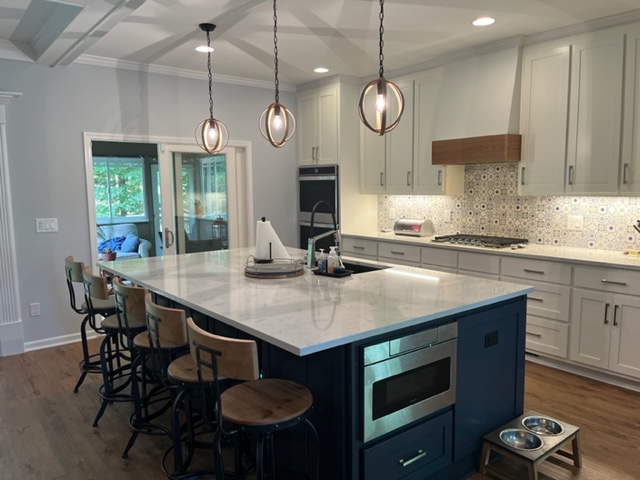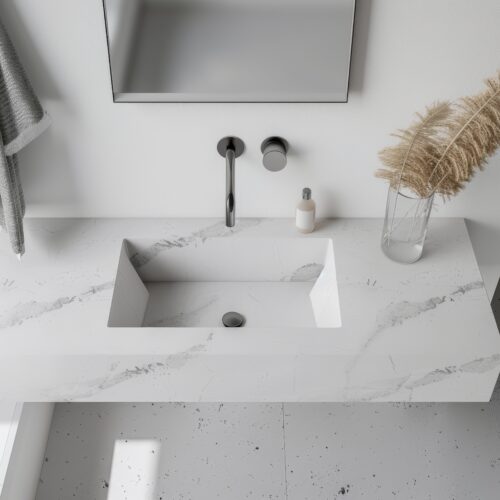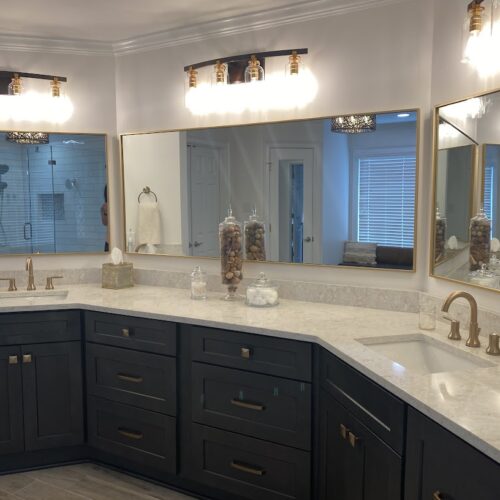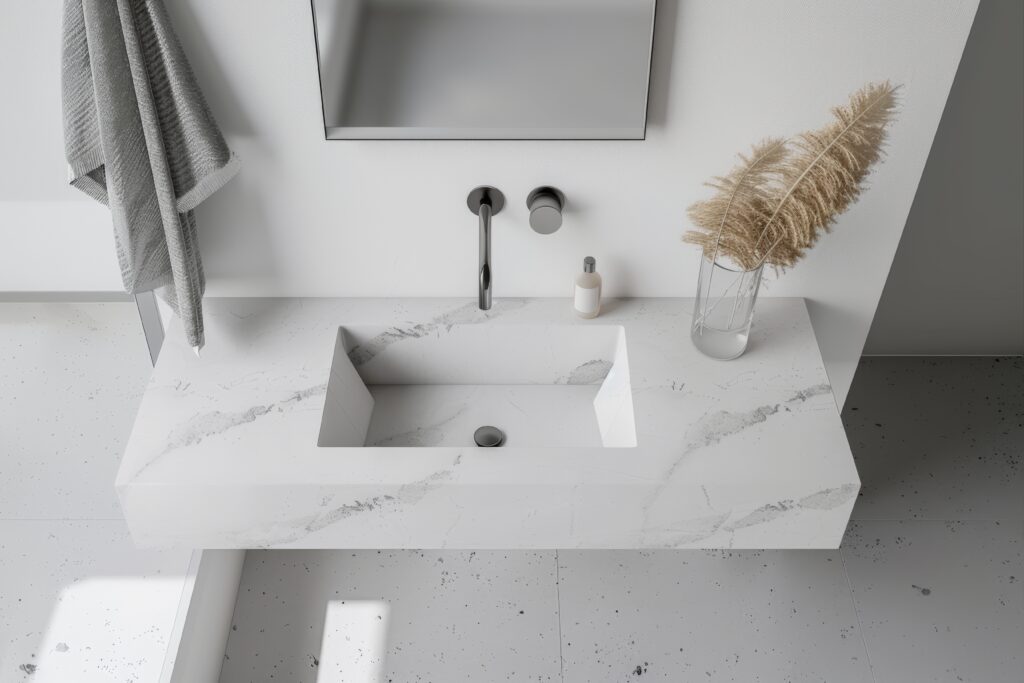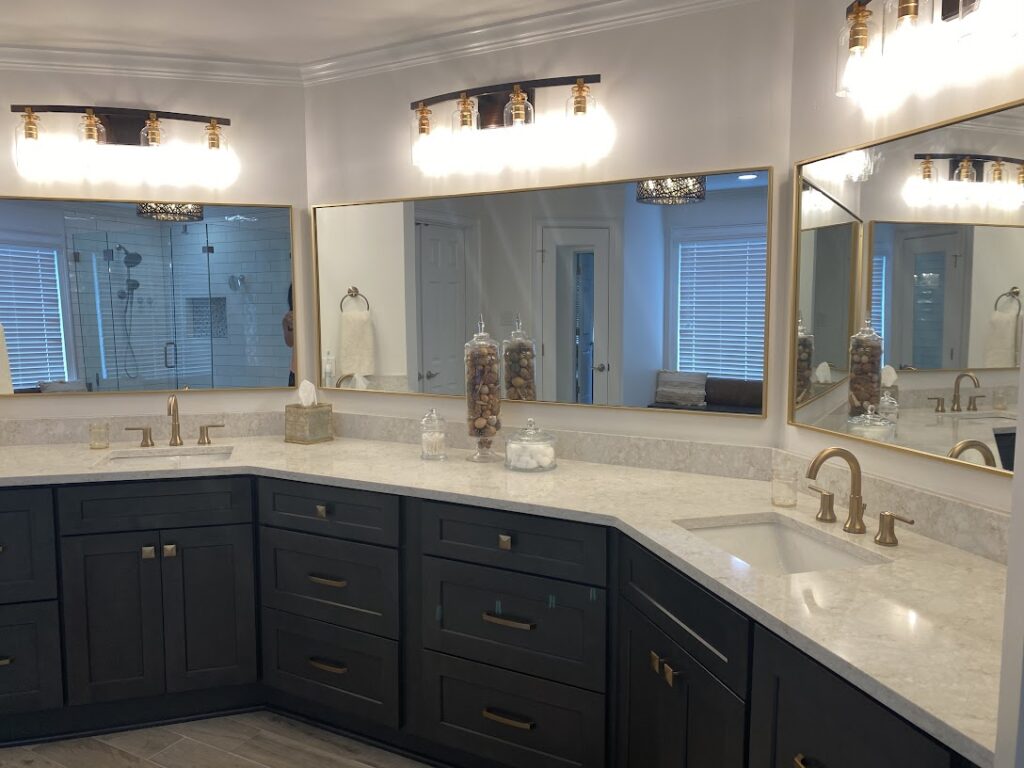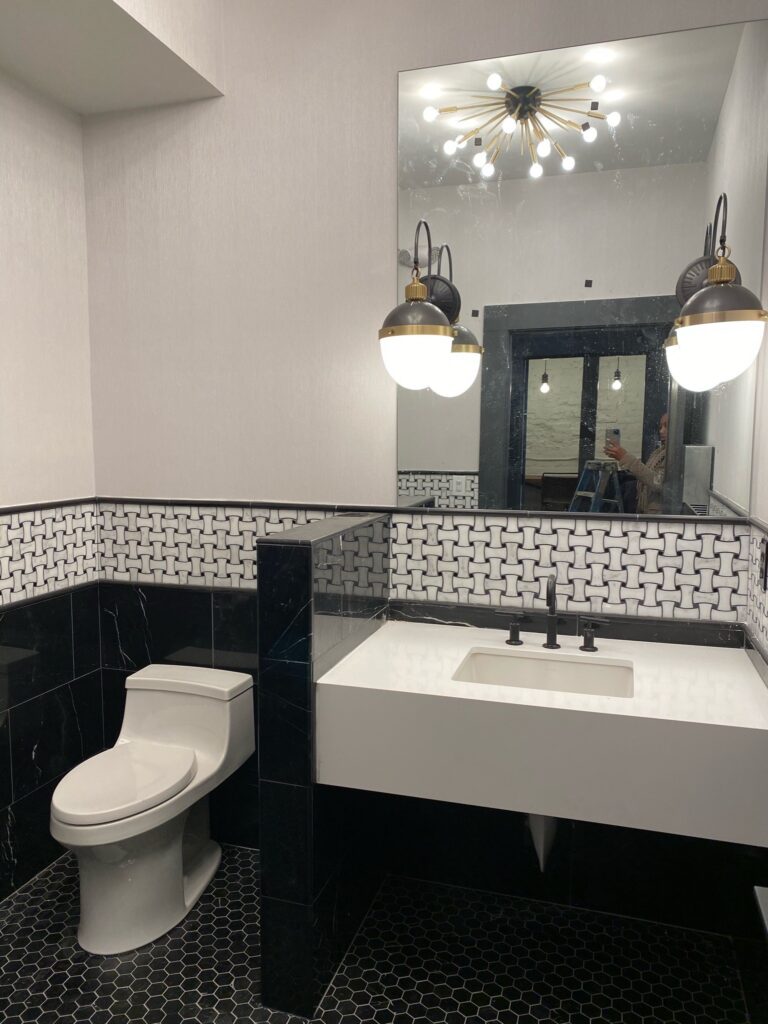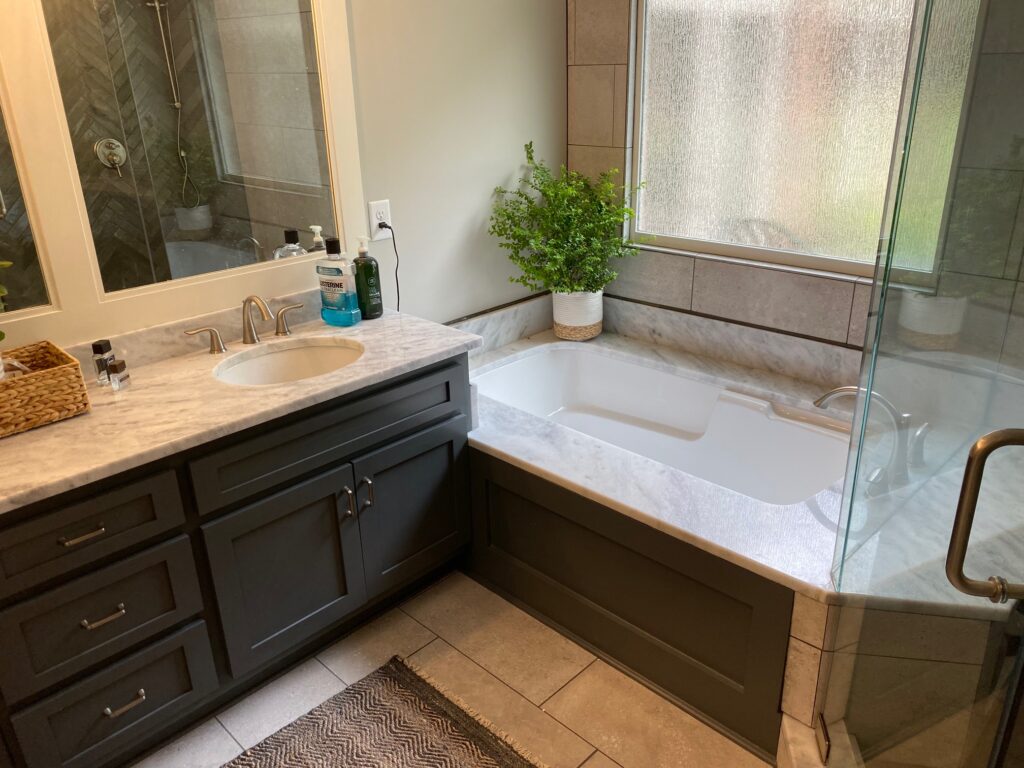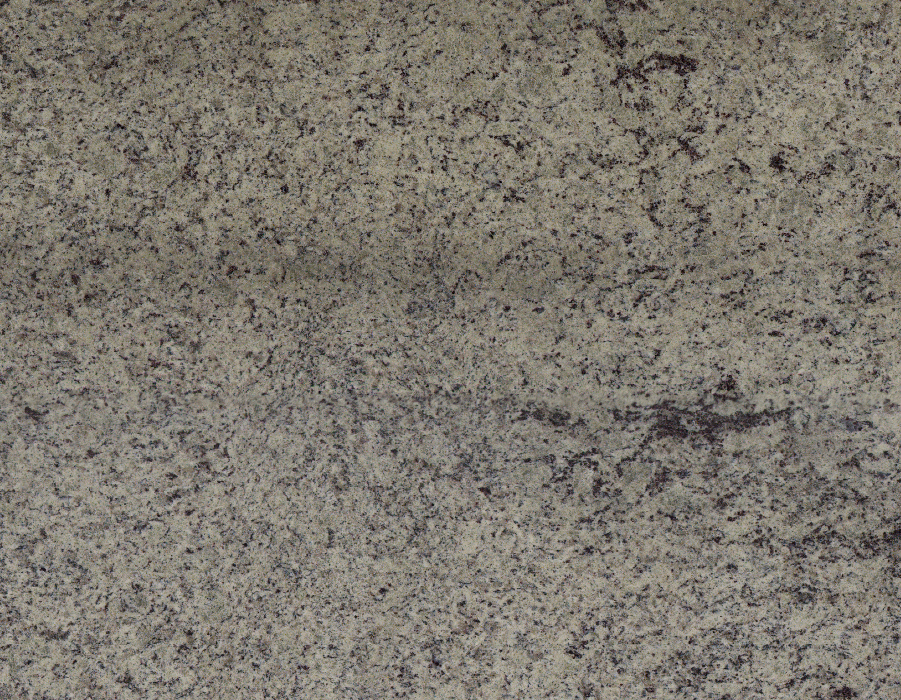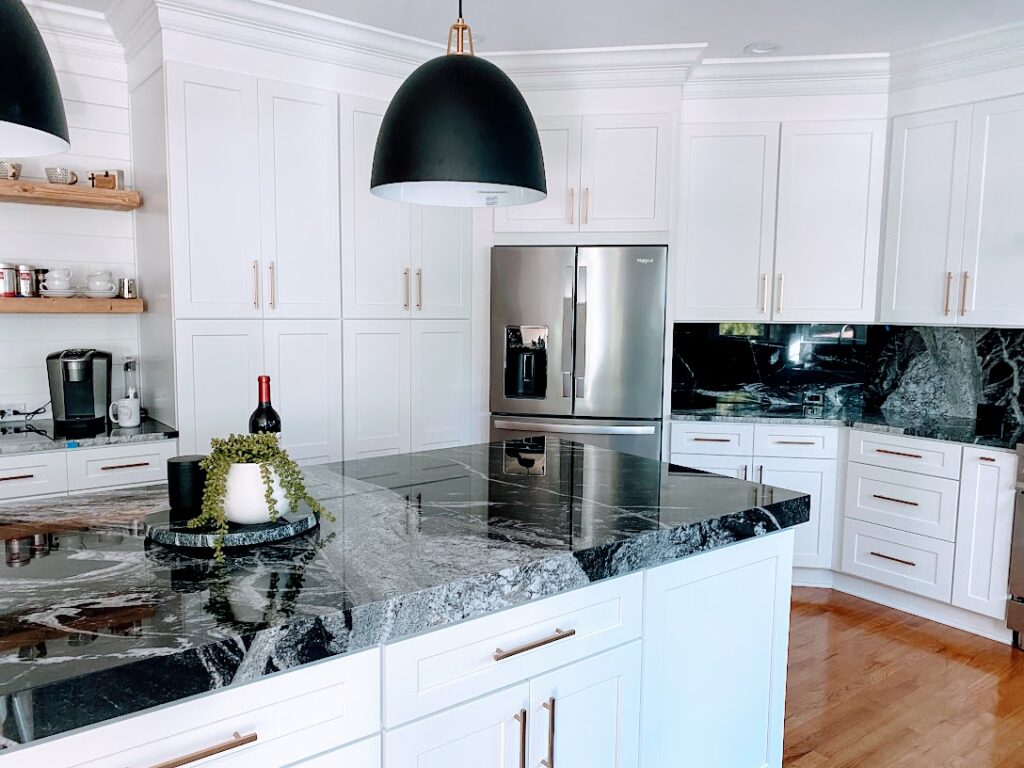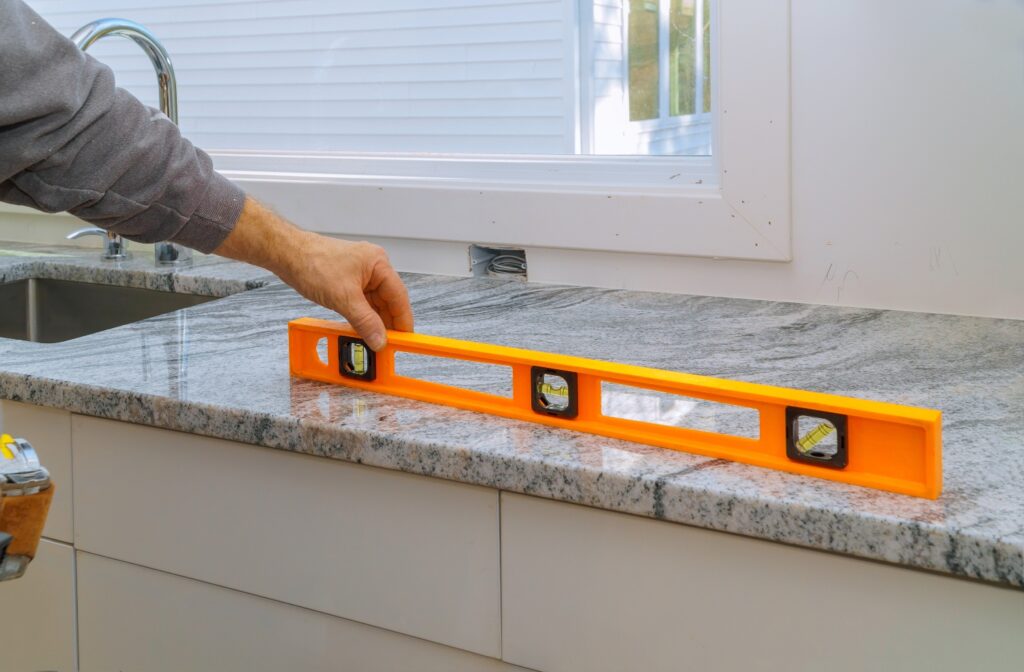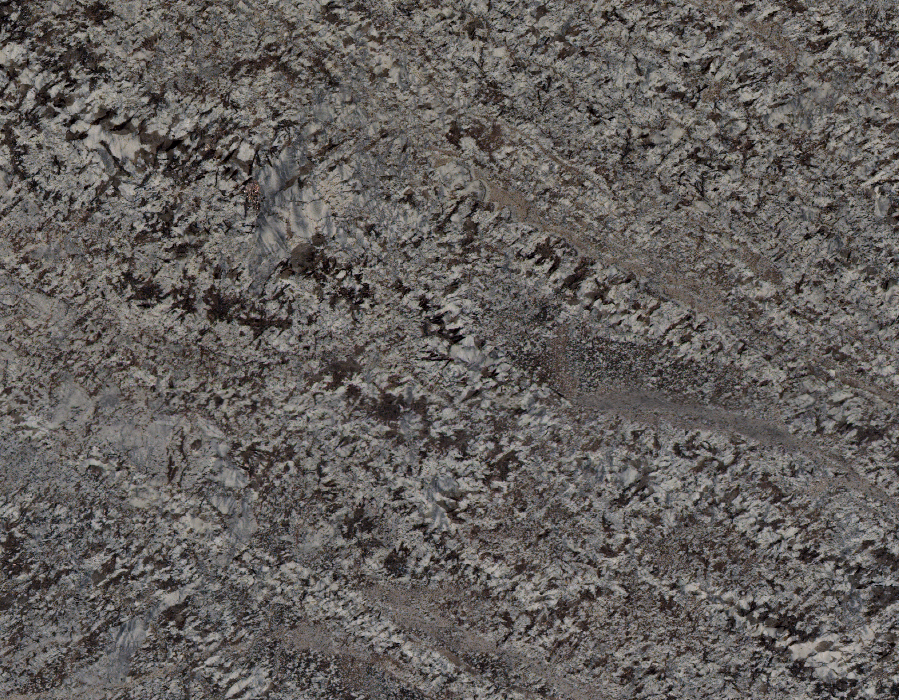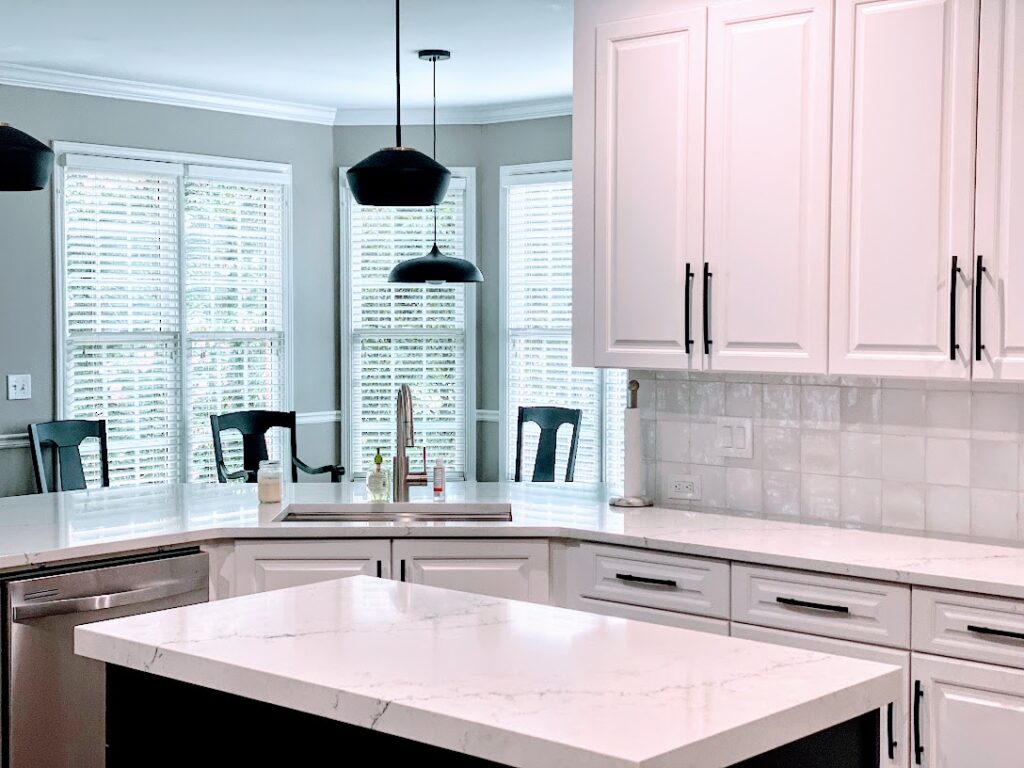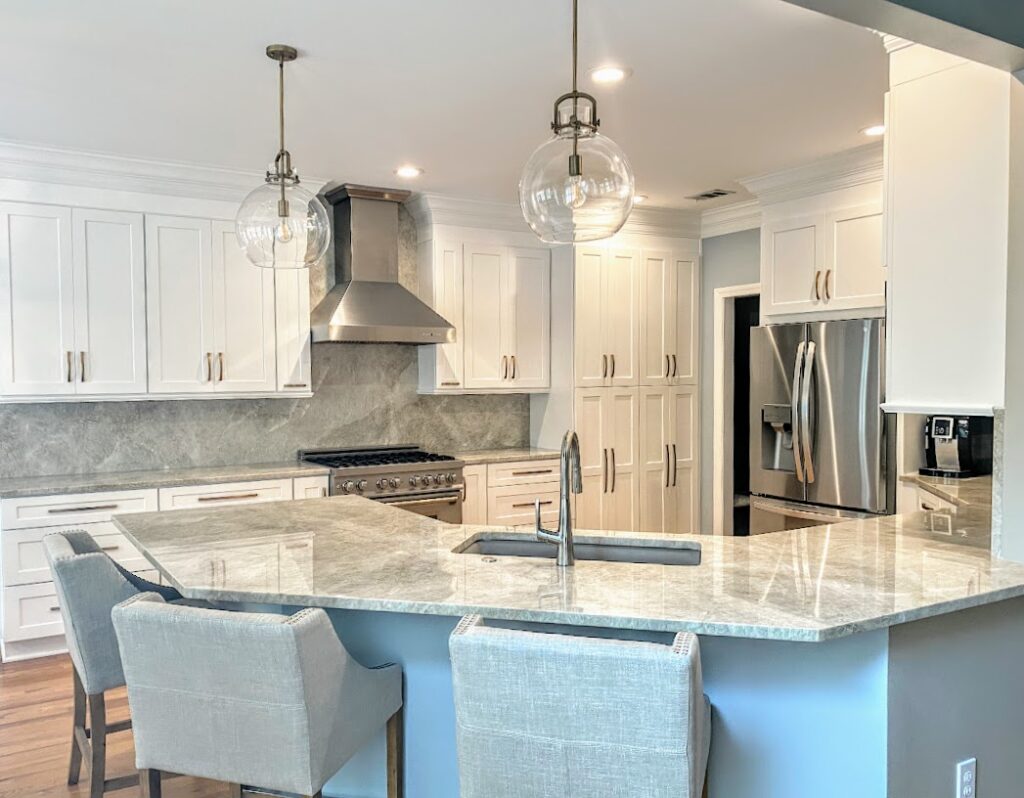Pros and Cons of Quartz Countertops
Quartz countertops, also known as engineered stone countertops, have seen a surge in popularity over the past few years. These countertops are made by combining natural quartz crystals with pigments and resin, resulting in a material that is highly durable, versatile, and easy to maintain. As with any countertop material, there are both pros and cons to quartz countertops to consider when deciding if they are the right choice for your kitchen or bathroom.
What is Quartz?
Quartz is a mineral that is found in many different forms all over the world. It is a naturally occurring mineral that is made up of silicon and oxygen atoms. Quartz is the second most abundant mineral in the Earth’s crust, and it has many different uses in a variety of industries. One of the most popular uses for quartz is in the production of engineered stone countertops, also known as quartz countertops.
The Advantages of Quartz Countertops
Durability
Quartz countertops are composed of natural quartz crystals blended with pigments and resin. This combination creates a material that is resistant to scratches & stains. Quartz countertops are an excellent option for high-traffic areas, such as busy kitchens and bathrooms, due to their durability. They also do not require sealing and are easy to clean using only soap and water. Furthermore, quartz countertops are hygienic and repel bacteria and other microorganisms, making them an ideal choice for food preparation areas.
Range of Colors and Patterns Available
Quartz countertops come in a wide range of colors and patterns, from solid hues to designs with marbled or speckled effects. This versatility allows for a great deal of flexibility in design and enables them to match any kitchen or bathroom decor. Unlike some other countertop materials, quartz countertops exhibit a consistent pattern and color throughout the slab.
Visit our Cambria Partner page to see the colors and patterns options available.
The Disadvantages of Quartz Countertops
Higher Cost Than Other Materials
One of the primary concerns is the cost. Quartz countertops can be more expensive than other materials, such as granite or laminate. Although the durability and low maintenance of quartz may make it a more cost-effective option in the long run, the initial cost may be too high for some homeowners.
Weight Considerations During Installation
In addition to cost, weight is another factor to consider when deciding if quartz countertops are right for your home. Due to their composition, quartz countertops can be quite heavy, which may require additional support during installation. This can add to the overall cost of the countertop installation process.
Heat Resistance Limitations
While quartz countertops are heat resistant, they can still be damaged by extremely high temperatures. For example, placing a hot pan directly on the surface of the countertop can cause damage to the material. This can be a concern for homeowners who frequently use their kitchen for cooking and baking.
Quartz Countertops Are Not Completely Natural
Another potential drawback of quartz countertops is that they are not completely natural. They are made with a combination of natural quartz crystals and pigments, resins, and other binding agents. This may not be suitable for those seeking a completely natural countertop option. Additionally, the use of synthetic materials in their production means that they are not biodegradable, which may be a concern for those who prioritize eco-friendliness.
Comparison with Other Countertop Materials
When considering a new countertop for your home, it’s essential to compare the pros and cons of different materials to determine the best fit for your needs. Here is a brief comparison of quartz countertops with other popular countertop materials.
Granite
Granite countertops are natural and offer a unique look with varied patterns and colors. However, they require regular maintenance, including sealing and polishing, and can be susceptible to scratches, stains, and heat damage. Granite countertops can also be more expensive than quartz.
Laminate
Laminate countertops are affordable and come in a wide range of colors and patterns. However, they are less durable than quartz and can be easily scratched or damaged. They also require more maintenance than quartz, including regular cleaning and polishing.
Marble
Marble countertops offer a luxurious and classic look with unique veining and colors. However, they are softer than quartz and more susceptible to scratches, stains, and etching from acidic substances. Marble countertops also require regular maintenance, including sealing and polishing, and can be more expensive than quartz.
Concrete
Concrete countertops offer a modern and customizable look, which can be stained, painted, or etched to achieve a unique design. However, they require more maintenance than quartz, including sealing and waxing, and can be susceptible to scratches and heat damage. Concrete countertops can also be more expensive than quartz.
When choosing a countertop material, it’s important to consider durability, maintenance, cost, and aesthetics. Quartz countertops offer a great combination of these factors.
Conclusion
Overall, quartz countertops offer several advantages for homeowners who value durability, low maintenance, and design flexibility. Their resistance to scratches & stains, along with their wide range of colors and patterns, make them a popular choice for kitchen and bathroom countertops. Additionally, their customizable nature allows for a unique and personalized look that can enhance the overall aesthetic of your home.
However, it is important to weigh the pros and cons before making a decision. While quartz countertops offer many advantages, such as durability and low maintenance, there are also some potential drawbacks. The higher cost compared to other materials, weight considerations during installation, and limitations in heat resistance are all factors that may affect your decision. Additionally, quartz countertops are not completely natural and may not be the right choice for those seeking a completely eco-friendly option.
Ultimately, the decision to choose quartz countertops or another material will depend on your personal preferences, budget, and overall design goals. By carefully considering the pros and cons of quartz countertops and comparing them to other options, you can make an informed decision and choose the right countertop material for your home.
Related Posts
Beyond the Countertop: Creative Ways to Use Granite in Your Bathroom
How to Match Granite Countertops with Bathroom Vanities and Cabinets

Val Carvalho is a manager at Atlanta Stone Creations, with nearly two decades of experience in the stone and design industry. In addition to her leadership role, Val plays a key part in sales and design, bringing creativity, precision, and a strong sense of style to every project. Known for her warm and collaborative approach, she builds strong relationships with both her team and her clients. Val is passionate about delivering beautiful, high-quality results and creating an exceptional experience from start to finish.

